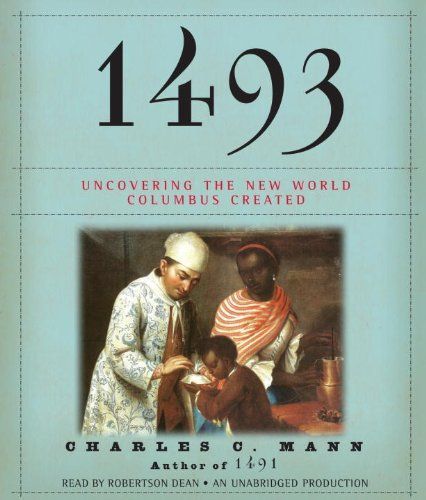
Reviews
Nick Gracilla@ngracilla
Dana Kraft@dkatx
Jeni Enjaian@jenienjaian
Andrew Ireland@aireland92
Sam Spott@samalot
Will Vunderink@willvunderink
Maurice FitzGerald@soraxtm
Ed Macovaz@edmacovaz
Andrew John Kinney@numidica
Jerry Eakes@jeakes
Anas A@kenkitano
Ethan E. Harris@romeoearwig
Simon Oosterdijk@mistero
Amanda Gilson@dinkycrow
Kerri Miller@kerrizor
Piotr Jańczuk@pjanczuk
Abhijeet Wankhade@abhijeet
Nikita Barsukov@barsukov
Marie C-D@marie
Bryan Alexander@bryanalexander